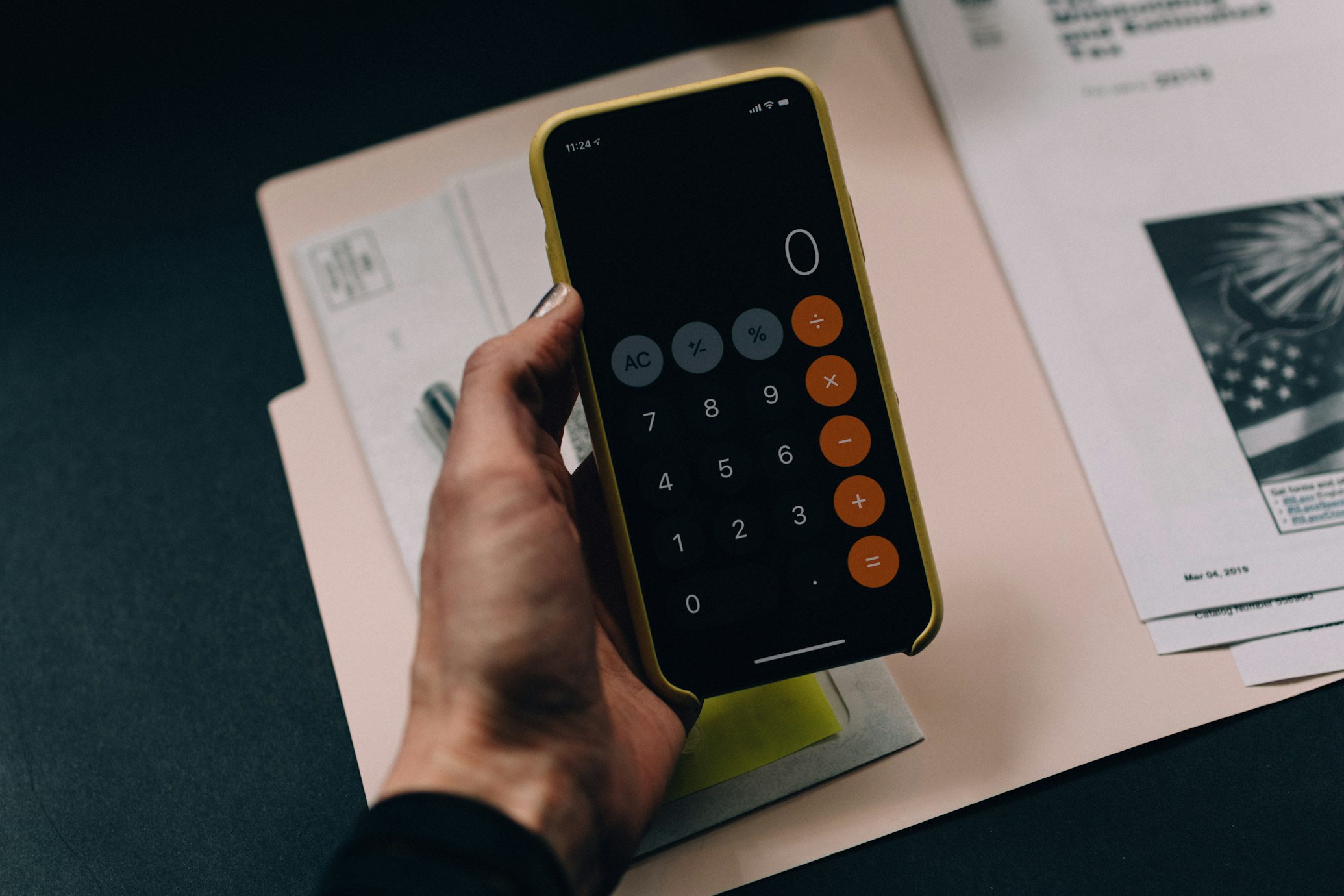Savings Calculator
Use our free Savings Calculator to effortlessly plan and track your financial goals. Calculate your savings potential, visualize progress, and achieve financial freedom. Start saving smartly today!
Related: Savings Goal Calculator, Savings Withdrawal Calculator, Discount Calculator, CD Ladder Calculator, Emergency Fund Calculator, FIRE Calculator
How Much Should I Save Each Month?
When it comes to determining how much to save each month, there are several factors to consider. One important aspect is building an emergency fund, which serves as a financial safety net for unexpected events. While the general recommendation is to save three to six months' worth of expenses, the ideal duration varies based on individual circumstances.
Establishing an emergency fund with three to six months' worth of expenses is a common guideline. This provides a cushion to navigate through situations like job loss, medical emergencies, or major home repairs. However, the appropriate size of the emergency fund may differ depending on job stability, industry volatility, personal risk tolerance, and other factors.
Some individuals may choose to maintain a larger emergency fund, exceeding the six-month threshold, particularly if they work in industries with higher job insecurity or have additional financial responsibilities. A more substantial safety net offers increased peace of mind and a greater buffer against unforeseen events.
Conversely, there are situations where maintaining a smaller emergency fund may be more practical or feasible. For individuals with stable employment, additional income streams, or comprehensive insurance coverage, a three-month reserve might be sufficient. The key is to assess individual needs and tailor the emergency fund size accordingly.
It is worth noting that having a savings goal greater than zero is a significant step in the right direction. Even starting with a modest amount can build financial security and momentum toward larger goals. Consistent saving, regardless of the amount, cultivates discipline and lays the foundation for future growth.
Adopting a philosophy of "only spending money on things that are worth it" can also contribute to effective budgeting and savings. By evaluating purchases based on their value and aligning expenses with personal priorities, you can make intentional financial decisions. This mindset promotes mindful spending, reducing impulsive purchases and unnecessary expenses. As a result, you can allocate more funds toward savings and investments, accelerating progress toward long-term financial objectives.
In summary, the amount to save each month depends on various factors such as financial goals, risk tolerance, and personal circumstances. By considering the recommended range for an emergency fund, customizing it to individual needs, and embracing a mindful spending philosophy, you can work toward financial stability and achieve your aspirations. Remember, the key is to start saving, regardless of the amount, and consistently strive to improve your financial well-being.
How To Start Saving Money?
When it comes to saving money, simplicity is key. Many people make the mistake of overcomplicating the process, tracking every penny they spend. This approach can be overwhelming and prone to oversight. Instead, focus on small steps that can make a significant difference in your savings.
Start by examining your expenses and categorizing them into NEED and WANT. Identify areas where you can make adjustments to save more. For example, if you find yourself buying lunch every day, consider bringing leftovers or homemade sandwiches to work, which can lead to significant savings over time.
Once you have an estimate of your monthly needs, create a buffer by rounding up the figures. This provides a cushion for unexpected expenses. Now, rather than obsessing over every expense, concentrate on the controllable part of your finances - your discretionary spending.
Set a weekly budget for discretionary expenses and withdraw that amount in cash. For instance, if you decide on $150 per week, that becomes your spending limit. You can use this money for entertainment, eating out, or other non-essential purchases. By having a set amount, you gain a better understanding of your spending limits and become more conscious of your choices.
When you want to make a purchase that exceeds your weekly budget, you have two options. You can either deduct it from your discretionary spending and adjust your other expenses, or you can choose to owe the difference to the bank. If you decide to owe the bank, make a note of the amount and create a plan to pay it back over time.
This approach simplifies your savings strategy and encourages you to live within your means. It helps you differentiate between needs and wants, allowing you to prioritize your spending. By being mindful of your choices and making small adjustments, you can gradually increase your savings.
Remember, even small actions count. Delaying a purchase, even for a day, contributes to your savings. Every bit adds up over time, and the more you save, the closer you get to your financial goals.
Starting to save money doesn't have to be complicated. By adopting a simple and mindful approach to your finances, you can take control of your spending, prioritize your savings, and work towards a more secure financial future.
-
Struggling to Save? Try These 10 Money-Saving Hacks
-
13 Best Financial and Investment Calculators
-
Mastering the Art of Frugal Living: A Comprehensive Guide to Smart Shopping
-
A Comprehensive Collection of Investing and Financial Books
-
The Ultimate List of Investing Podcasts
-
Strategic Investing: Why You Should Look Beyond the Stock Market Celebrities
-
The Harsh Truth About Dividend Investing
-
Where to Buy Domains: Finding the Best Deals
-
 The AI Gold Rush: Navigating the Thin Line Between Innovation and Overvaluation in Business
The AI Gold Rush: Navigating the Thin Line Between Innovation and Overvaluation in Business -
Sweet Dreams: 7 Smart Sleep Investments for a Restful Night.









